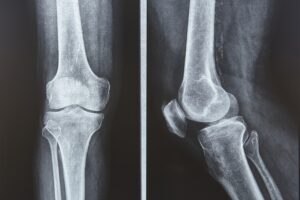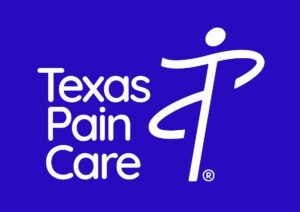
Dealing with chronic pancreatitis or pancreatic cancer is enough of a life stressor, so adding abdominal pain on top of it can be an unbearable situation. Thankfully patients are able to find relief with a celiac plexus block, which is a minimally-invasive treatment option that provides either short-term or long-term pain relief for abdominal pain.






